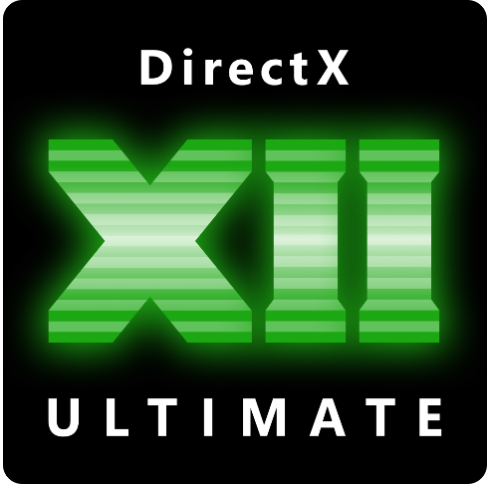DavidGraham
Veteran
Microsoft just clarified what DirectSR means.
"This API enables multi-vendor SR through a common set of inputs and outputs, allowing a single code path to activate a variety of solutions including NVIDIA DLSS Super Resolution, AMD FidelityFX™ Super Resolution, and Intel XeSS. DirectSR will be available soon in the Agility SDK as a public preview, which will enable developers to test it out and provide feedback"

 devblogs.microsoft.com
devblogs.microsoft.com
"This API enables multi-vendor SR through a common set of inputs and outputs, allowing a single code path to activate a variety of solutions including NVIDIA DLSS Super Resolution, AMD FidelityFX™ Super Resolution, and Intel XeSS. DirectSR will be available soon in the Agility SDK as a public preview, which will enable developers to test it out and provide feedback"

DirectX Innovation on Display at GDC 2024 - DirectX Developer Blog
The excitement is building as we finish our preparations for this year’s Game Developers Conference, set to kick off on March 18th. Industry leaders, developers, and enthusiasts will converge on San Francisco for a week of innovation, and the DirectX team here at Microsoft has a lot of exciting...
 devblogs.microsoft.com
devblogs.microsoft.com


